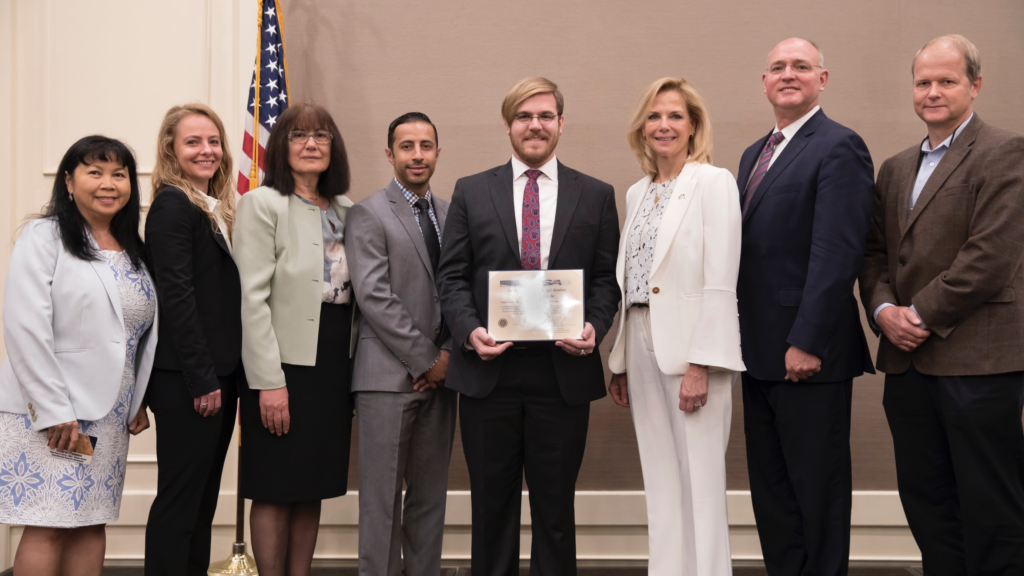
DoE Under Secretary for Nuclear Security attends program review featuring the Nuclear Science and Security Consortium
Department of Energy Under Secretary for Nuclear Security/Administrator of the National Nuclear Security Administration attends program review featuring the Nuclear Science and Security Consortium
July 17th, 2018

The Nuclear Science and Security Consortium (NSSC), a multi-institution initiative headquartered at UC Berkeley, participated in the annual Department of Energy (DOE) National Nuclear Security Administration (NNSA) Defense Nuclear Nonproliferation Research and Development (DNN R&D) University Program Review (UPR) meeting on June 5-7, 2018 in Ann Arbor, MI, hosted by University of Michigan. Ms. Lisa E. Gordon-Hagerty, DOE Under Secretary for Nuclear Security and NNSA Administrator, provided the opening address at the program review to an audience of more than 285 students, faculty, national laboratory scientists, and DOE NNSA program officials, including Dr. Edward Watkins, Assistant Deputy Administrator, DNN R&D and Dr. Victoria Franques, Senior Program Manager, DNN R&D.
The UPR focused on the work of the NSSC as well as the Consortium for Nonproliferation Enabling Capabilities (CNEC) and the Consortium for Verification Technology (CVT). These consortia, funded by DNN R&D as part of the Integrated University Program (IUP) with DOE Office of Nuclear Energy and the Nuclear Regulatory Commission, have a mission to develop the nation’s intellectual capital in nuclear science and engineering. The NSSC Student Fellows presented 18 oral presentations and 30 poster presentations. Three types of awards were presented to the students from the three consortia at the UPR meeting: awards for best national laboratory collaboration, best poster presentation, and best oral presentation.
Tyler Jordan, NSSC Graduate Fellow in the Department of Nuclear Engineering at the University of California, Berkeley, won an award for best national laboratory collaboration for his work at the Los Alamos National Laboratory (LANL) with mentors Dr. Madison Andrews and Dr. Krista Meierbachtol. Tyler’s research focuses on correlated fission experiments for fission model validation. This work increases the effectiveness of radiation detection systems that support efforts to stop the proliferation of nuclear weapons. Tyler Jordan said of his experience at UPR, “The effectiveness of the university consortium model becomes particularly evident during the UPR meeting, especially in terms of connecting students to national labs and government agencies. It’s not every day that I get to sit in a room full of experts in the field and at the institutions that I want to engage in my own career; the chance to discuss research with national lab staff scientists and other university researchers is immensely valuable to me.”